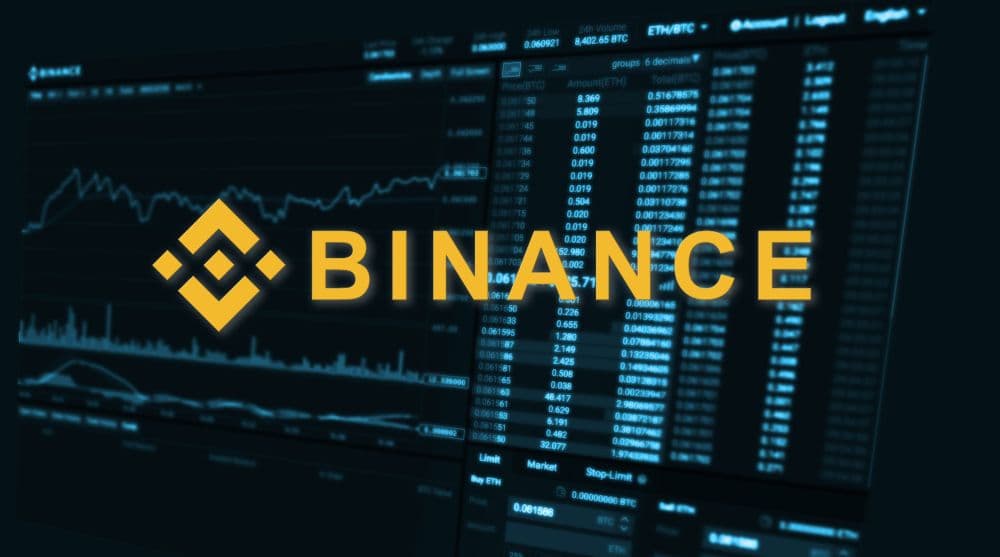BNB Smart Chain has officially completed its highly anticipated “Maxwell” hard fork, slashing average block times from 1.5 seconds to just 0.8 seconds - a move that significantly boosts the network’s speed, validator synchronization, and overall efficiency.
The upgrade, which went live at 2:30 a.m. UTC on June 30, was finalized without disruption, marking one of BSC’s most technically ambitious forks since its launch in 2020. According to developers, Maxwell is more than just a routine performance improvement - it represents a fundamental leap forward in how quickly and reliably the network can process transactions and reach consensus.
The Maxwell upgrade includes three core proposals - BEP-524, BEP-563, and BEP-564 - that work in tandem to cut latency, enhance validator communication, and unlock greater scalability for decentralized applications and financial protocols building on the chain.
“This isn’t just another upgrade - it’s a technical leap forward for faster blocks, better validator coordination, and smoother network performance,” said the BNB Chain development team in a public statement.
With average block production now clocking in at 0.8 seconds, the Maxwell upgrade has more than halved the block time from its previous benchmark of 1.5 seconds. This follows the Lorentz upgrade in April, which had previously reduced block times from 3 seconds down to 1.5.
The accelerated block cadence is expected to significantly enhance user experience across the BNB Chain ecosystem by:
- Enabling faster transaction confirmations
- Lowering perceived latency in DApps
- Improving responsiveness of DeFi protocols
- Increasing throughput for high-volume use cases such as gaming, trading bots, and on-chain messaging
Shorter block times are especially critical for performance-sensitive applications such as automated market makers, on-chain lending platforms, and NFT marketplaces, where timing and transaction finality are key.
The Core Proposals: What Maxwell Delivers
The Maxwell hard fork incorporates three major BNB Enhancement Proposals (BEPs), each addressing a critical aspect of network performance and validator coordination.
BEP-524: Faster Blocks
BEP-524 is the centerpiece of the Maxwell fork, aimed explicitly at reducing block time targets to 0.75 seconds. It builds on the momentum of earlier performance upgrades and adjusts consensus parameters to accommodate a more rapid block cadence.
Validators are now required to process and finalize transactions in shorter time intervals, necessitating better hardware performance and improved communication protocols.
BEP-563: Validator Messaging Upgrade
This proposal enhances peer-to-peer messaging between validators, which is crucial for maintaining synchronization and achieving consensus within a shorter window.
The updated message structure reduces the risk of missed votes, delayed block proposals, and network instability - key challenges for any high-speed blockchain. According to the BNB Chain team, this change lays the groundwork for more resilient validator coordination even under heavier traffic conditions.
“This reduces the risk of missed votes or delayed proposals - key for hitting that 0.75s target,” developers explained.
BEP-564: Efficient Block Syncing
BEP-564 introduces two new message types - GetBlocksByRangeMsg and RangeBlocksMsg - that allow validators to request and deliver batches of recent blocks in a single message exchange, rather than one at a time.
This is expected to dramatically improve block synchronization speeds, especially for new validators joining the network or nodes catching up after downtime. It also enhances network reliability and supports future scalability upgrades.
Developer and Validator Readiness: Prepare or Break
Ahead of the upgrade, the BNB Chain team issued guidance for developers and validators to prepare for the stricter timing environment.
Smart contract developers and DApp builders were urged to:
- Test applications under faster block intervals
- Refactor any code relying on 1.5-second timing assumptions
- Review time-based logic such as scheduled triggers, auctions, or voting mechanisms
“If something breaks, it’s probably your code - not the chain,” the team warned bluntly.
Validators, meanwhile, were instructed to benchmark their systems for the new 0.75-second target, prepare for increased message throughput, and expect shorter consensus cycles. The upgrade introduces a higher technical barrier, raising expectations for operator performance and infrastructure quality.
BNB Token Rallies Ahead of Maxwell Launch
The native token of BNB Smart Chain, BNB, saw a modest rally ahead of the Maxwell fork. According to CoinGecko, BNB rose 6.5% over the last seven days, fluctuating between $617 and $655, and is currently trading at $655.70, up 1.2% in the past 24 hours.
While still down 17% from its all-time high of $788 (recorded on December 4, 2021), the positive price action suggests that investors are optimistic about the performance implications of Maxwell, particularly for the growing number of applications and DeFi platforms leveraging BNB Chain’s infrastructure.
The Maxwell upgrade comes at a critical time for BNB Smart Chain, which has faced growing competition from Layer-2 Ethereum rollups, modular blockchains like Celestia, and alternative high-throughput chains such as Solana, Aptos, and Sui.
These platforms offer increasingly attractive combinations of speed, low fees, and developer incentives, pushing BNB Chain to continue investing in performance, scalability, and developer experience.
By targeting sub-second block times and leaner validator operations, Maxwell aligns BNB Chain more closely with real-time use cases - a necessary evolution if it intends to remain competitive in the evolving multi-chain landscape.
Moreover, BNB Chain continues to benefit from close integration with Binance, the world’s largest crypto exchange by volume. This gives the chain a unique advantage in user acquisition, liquidity flows, and onboarding pathways - even as its underlying infrastructure undergoes major technical upgrades like Maxwell.
What’s Next for BNB Chain?
Following Maxwell, BNB Chain developers have signaled continued focus on:
- Modular execution and storage upgrades
- Cross-chain communication protocols
- EVM compatibility enhancements
- Better tooling for Web3 developers
The network also aims to broaden participation from institutional validators and optimize staking mechanics to balance decentralization with performance.
As the broader market moves toward restaking, shared security, and modular infrastructure, BNB Smart Chain’s ability to maintain technical competitiveness while serving millions of users will remain central to its long-term success.



